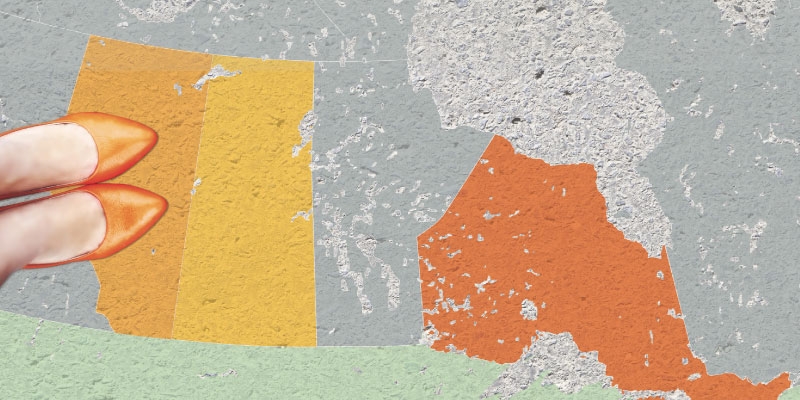Rae Days in Alberta: The Notley Government at Two Years

When Premier Notley took office two years ago in Alberta, her new government faced severe fiscal challenges. The province had a large and growing budget deficit and was headed towards net debt status for the first time in approximately 15 years.
It was impossible to predict in advance with any degree of confidence how Premier Notley would confront these challenges. Canadian history shows us that political labels are not a reliable predictor of a new government’s approach to fiscal policy. All of Canada’s major parties have produced governments that have pursued sound approaches to fiscal management. Similarly, all have produced governments that were far less successful in this area.
When Premier Notley took office, there were at least two broad historical models of NDP fiscal management from which she could have drawn. One of these was the Bob Rae model of higher spending and increased taxes. The other was the Roy Romanow model from Saskatchewan characterized by spending discipline. Both premiers inherited daunting fiscal challenges and big deficits in the early 1990s, but took markedly different approaches to addressing those challenges, and these approaches produced vastly different outcomes.
Two years into her government, it is clear that Premier Notley is following the example and model set by Bob Rae in Ontario during the early 1990s. For example, during his first two years in office, Premier Rae increased program spending in Ontario by approximately 16 percent. Premier Notley has taken a very similar path, increasing program spending by 11 percent during her first two years in office. These policy choices contrast sharply with those made by Roy Romanow’s government in Saskatchewan, which reduced spending in nominal terms during its initial years in office and then essentially held nominal spending flat through the rest of its first mandate.
On tax policy, the Alberta NDP is again closely following the approach taken by Bob Rae’s government during the early 1990s, which increased a number of different taxes on Ontarians. Similarly, the Alberta NDP under Premier Notley has increased taxes repeatedly. Significant tax increases include those to the personal income tax and the corporate income tax, as well as a broadening of the province’s carbon levy, which is scheduled to see further increases in the future.
When it comes to fiscal outcomes, Premier Notley also appears to be on track for a record that looks much more like Premier Rae’s than Premier Romanow’s. Premier Romanow reduced spending and was able to eliminate a large deficit in just three years. By contrast, Premier Rae ran large deficits throughout his term in office. According to Alberta’s most recent fiscal plan, Premier Notley’s NDP government expects to run large deficits in every year of its mandate, thereby following Bob Rae’s example.
In a study published by the Fraser Institute two years ago, we wrote:
As Premier Notley and her cabinet work to develop their fiscal policy strategy, they would be well-advised to follow the model of New Democratic governance provided by their neighbours in Saskatchewan during the early 1990s. If, instead, they emulate the Ontario NDP model for the same time period, the result will likely be increased spending, higher taxes, unsustainable deficits, and reduced prosperity for Albertans in the years ahead.
Two years later, it is clear that the Notley government has indeed chosen to reject the Romanow model in favour of the Rae model. Unfortunately, but predictably, the Rae policy approach is producing similar fiscal outcomes in Alberta today as it did in Ontario during the 1990s. Albertans will continue to feel the consequences of these decisions and outcomes for many years to come.


